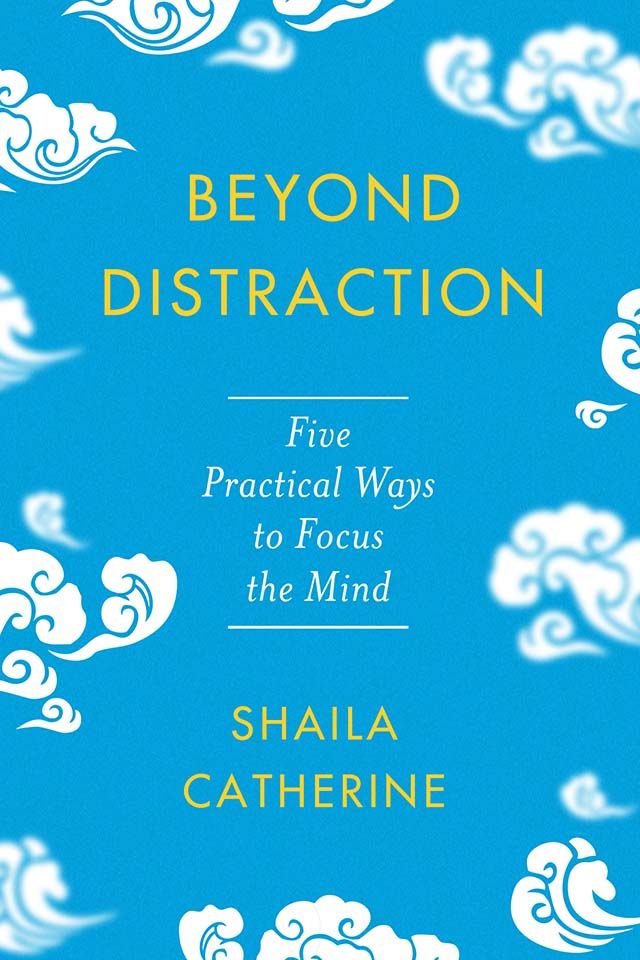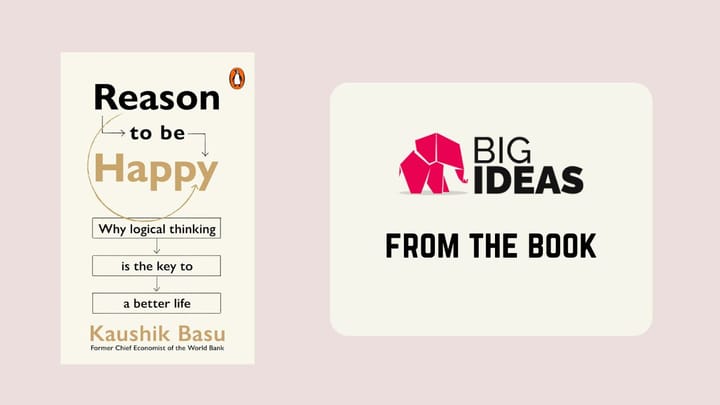Beyond Distraction – Shaila Catherine

Whether you are an experienced meditator or a beginner, you probably know the pain of wrestling with an unruly, distracted mind.
Before you can experience the extraordinary joy of a settled and concentrated mind, you must learn how to dispel distraction.
Observing Mind
How does the mind actually work? Many wisdom traditions stress the importance of training and observing the mind.
However, except for Buddhist teachings, most provide very few instructions on how to do so.
The Buddha taught, “Whatever one frequently thinks about and ponders upon, that will become the inclination of the mind.”
Buddhist Teaching
The training begins by recognizing that a thought is just that—a thought, a creation of our own minds. From this recognition, we distinguish what is skillful and unskillful, and then progress through a traditional training sequence in which we learn (1) to replace unwanted thoughts, (2) to examine the risks of fueling habitual patterns, (3) to withdraw attention from toxic conditions, (4) to investigate causes, and (5) to exert dedicated resolve.
Calmness in Activity
Understanding how the mind works can strengthen focused attention, clear away distractions, organize priorities, and reduce the destructive forces of craving, aversion, and delusion. “These time-tested methods for overcoming distractions are needed more than ever,” writes Catherine.
Buddhist teachings can aid us in finding calm in all aspects of life. In the classic Zen book Beginner’s Mind, Suzuki Roshi explained that real calmness should be found in activity itself.
“It is easy to have calmness in inactivity; it is hard to have calmness in activity, but calmness in activity is true calmness.”
The Buddha
Distraction is universal, even the Buddha tells us that before enlightenment, he sometimes found his mind preoccupied with thoughts connected with sensual desire, ill will, and harm.
However, distracting thoughts did not daunt him. He figured out how to deal with thoughts skillfully and developed a step-by-step approach to calm the restless mind.
Spiritual Development
Buddhist teachings encourage people to actively cultivate the more trustworthy happiness that comes with spiritual development.
Happiness associated with virtue, meditation, and wisdom is prized
Although thinking is useful, an untrained mind tends to repeat distressing patterns. Many people suffer from chronic comparing, endless worrying, seductive fantasizing, or relentless planning.
One can even develop anxiety through countless hours of obsessing about the past or imaginative rehearsals of how to respond to future events.



Comments ()